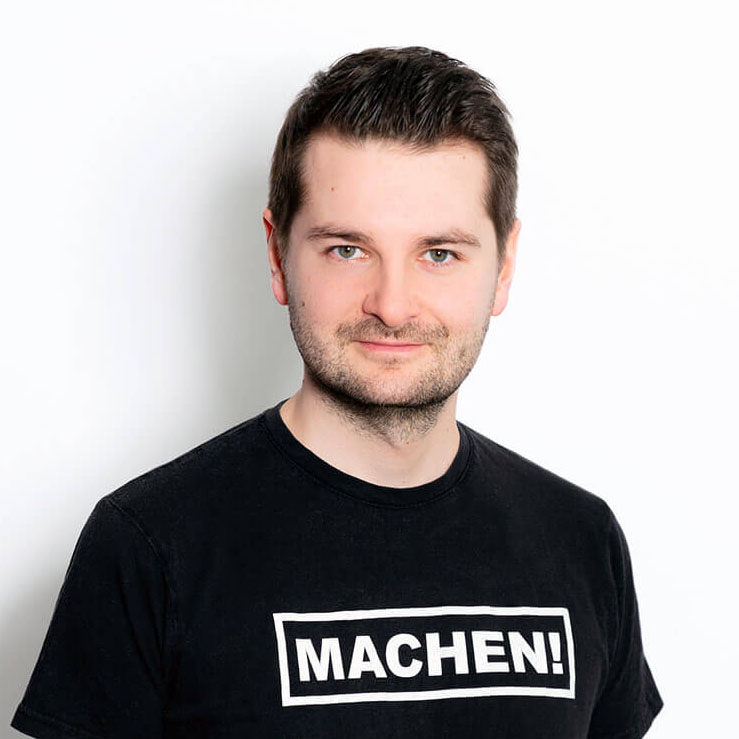Michael Martens (he/him)
Inclusive language makes an inclusive society possible - Why language shapes our reality and actions.

I’m Michael, founder of Fairlanguage, the fair language experts. Originally, we started as an automated browser extension, but now Fairlanguage is the leading consultancy for inclusive language in Germany.
I read an online article that talked about how language can be more equitable. It explained that language significantly influences our thoughts and actions and that gender equitable language makes women and non-binary people visible and thus has a massive impact on our perceptions, attributions, and biases. It can help move much closer to the goal of an inclusive society. Found it all plausible and thought: OK, then I’ll do it differently from now on. And then I scrolled a bit further and got into the comments. So much emotionality and defensiveness, although the solution is actually simple and scientifically clear, I found it fascinating. I realized that something is missing to bring society along with us.
Phew, tough question, so many things! I see a big key in the question of what we pay and how. If we as a society paid much better for work that makes the world a better place and moves us forward as a society, a lot would change. I’m thinking here of childcare and education, nursing, people who work in other social professions or who are committed to climate protection or inclusive coexistence. Unfortunately, we still often have the view in society of “Oh, you’re working on a “good cause,” then you don’t need to earn so much.” But what’s so wrong with doing good and getting rich doing it? Especially compared to reality, where many things are done that make the world worse in my eyes, but are super compensated.
With innovations, people quickly have the feeling that something is being taken away from them. Actually, everyone gains from gender-appropriate language. But nevertheless, some men in particular feel threatened and sense a kind of “loss”.
You have to take people with you and communicate why gender-sensitive language is important. Why does everyone gain from small changes in language and no one loses. Men are still addressed, but everyone else is also addressed by the new forms. This does not result in a loss of language per se. It helps not to argue too polemically and too judgmentally, since the topic is of course still very new outside the bubble.
Yes, we are now being approached by many companies that don’t want to make a change of their own accord, but realize that something is happening out there and that they need to position themselves. However, the importance of this is often still underestimated. The topic of fair language is on the radar, but often it is not addressed comprehensively enough and is quickly neglected again. The holistic nature of the transformation strategy is often (still) missing. Nevertheless, we have noticed a very positive trend in recent years, inquiries are increasing, larger companies are turning to us and even traditional companies are beginning to address the topic. Of course, the issue of a shortage of specialists and managers is often a driver, because companies can address a larger group of applicants through inclusive advertisements.
We offer very different services depending on the need. A consultation is often requested: Companies want to know what they can achieve with gender-equitable language and how they should approach the topic. Our website check is also very popular, enabling companies to get an initial overview of how their own corporate language is doing. In addition to consulting, process support and analysis, we also offer complete implementation in the company. In this case, there is a wide range of possible solutions, depending on the scope and objectives of the projects. In the first project step, our team of experts usually addresses the issue of education and sensitization and offers impulse lectures, in-house seminars or e-learning formats that are individually tailored to the company. The spectrum ranges from basic seminars to further professionalization of advanced language users. If desired, we also implement gender-appropriate language ourselves with our specialists. Personally, I like to give short keynotes, because this way, even large groups can be made less afraid of the topic.
Support us by sharing our content!
Related Links
- Click here to go directly to FairLanguage
- Genderleicht offers a collection of sources on the topic
